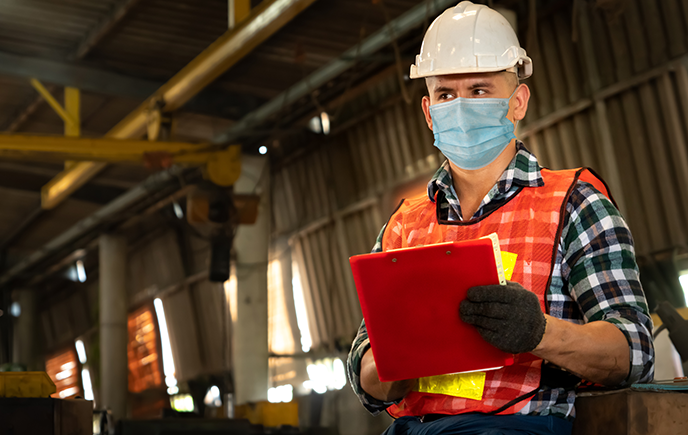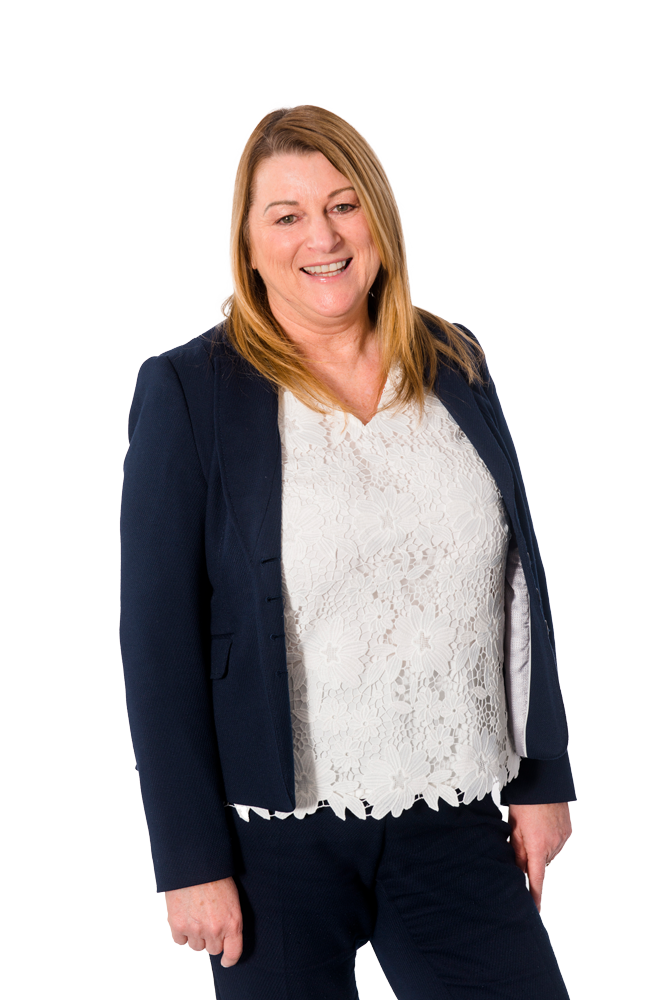Full steam ahead - Scottish distillery with Grundfos
There’s steam and there’s high-quality steam. There are pump solutions and intelligent pump solution...
PPE facemasks may be more readily available due to increaing demand, but are they performing the job that you need them to do? So, the question is can you tell the safe from the substandard, the fake and the dangerous?

The easing of the facemask shortage marks the end of one set of problems, but the beginning of another. Which facemasks are suitable, compliant and safe? Unless you are exceptionally careful, or consult an experienced supplier with expertise in PPE, you could risk purchasing masks which are:
Ongoing changes to legislation, and the potential confusion that has caused – together with the risk of fraud and fakery – make it harder than ever to make correct, safe purchases.
So here are some of the key issues to consider, and problems to look out for.
The UK Government and the EU have lowered their standards for facemasks. The Easement 2020/403 allows facemasks to be fast-track tested and certified for use against the Covid virus only.

These masks may be cheaper than alternatives certified to a higher standard, but only because they do less. Buy them for your industrial operation for any use other than virus protection, and you’ll not only be putting employee health and safety at risk. You’ll also be in danger of a fine.
Suddenly they don’t seem such a good deal.
Similar problems can arise with masks certified as KN95. To the buyer in a hurry, this might look like an acceptable alternative to N95- or FFP2-certified masks (the U.S. and European standards). However, it actually denotes a mask made in China and conforming to different regulations.
Again, the cost-saving may be significant and the stocks readily available. But if the masks don’t do the job you bought them for, all your money has been wasted and all your mask-wearing employees could be at risk.
With concerns heightened, the HSE recently released a Safety Alert warning against the use and supply of KN95 face masks for use at work as personal protective equipment, stating that this particular respirator had been identified by experts as suspect and would not meet requirements, including protection against the Covid virus.
For such a critical item of PPE as a facemask, certification is essential. Unfortunately, fraudsters and fakers go out of their way to mark their sub-standard and unsafe masks with authentic-looking logos and certification numbers.

A manufacturer’s logo and name will obviously tell you who made the masks. There will probably also be a manufacturer’s product number to help you identify the mask in their range. There should also be an indication of the type of protection offered: FFP2 is the level of protection you are looking for to be effective against Covid-19 and other risks.
However there are other essential markings which may be missing and which may mean the mask is below standard (suitable only for anti-Covid use), or is even a fake.
These markings are:
A CE marking without numbers (denoting the organisation which tested the mask) will probably indicate that the mask is a “China Export” product, and not tested or certified to the necessary standard.
Even when you know what to look for, it can be hard to tell the genuine article from the fake or from the less effective – until it’s too late. For example, independent testing reveals many KN95 facemasks claiming 95% filtering efficiency provide only 37%, which is ineffective against Covid-19.
To help us understand the impacts of and problems surrounding non-compliant face masks, the HSE released a Safety Bulletin, regarding KN95 certified masks inparticular, outlining key issues such as quality, lack of compliance with European standards, and correct certification. CLICK HERE to read this essential bulletin in full.

The only way to be certain that masks you plan to buy are checked, compliant and safe is to buy through ERIKS, where all masks are certification-checked and have complete traceability through the supply chain. ERIKS can also easily and quickly check your existing stocks’ certification and compliance. To find out how, or to place an order for certified-safe masks, simply contact your Local ERIKS Service Centre.
Get the latest updates from ERIKS including:
Choose any or all of these via the ERIKS Subscription Centre!
Our Know+How brings together the best of the latest Know+How Hub articles in one easy to digest magazine, covering the following topics:
That's why its the leading magazine for maintenance engineers from ERIKS.
Want Know+How Magazine delivered direct to your door? Visit the ERIKS Subscription Centre to opt-in!
Take a look at our latest updates...
There’s steam and there’s high-quality steam. There are pump solutions and intelligent pump solution...
Looking for a custom Product quote? Need an answer to a Technical question? Looking for Careers/HR support? Want to work with us? Interested in our Digital Trading solutions? Have a finance question? Send us your enquiry and a member of the ERIKS team will be with you quickly.
We strive to deliver exceptional quality service and products. As part of this goal, we encourage customers to submit feedback on their experiences so we can resolve any issues and concerns.
At ERIKS we strive to deliver the best quality service and products. As part of this goal we encourage customers to submit feedback on their experiences so we can resolve any issues and concerns.
Call us: +441215086000
